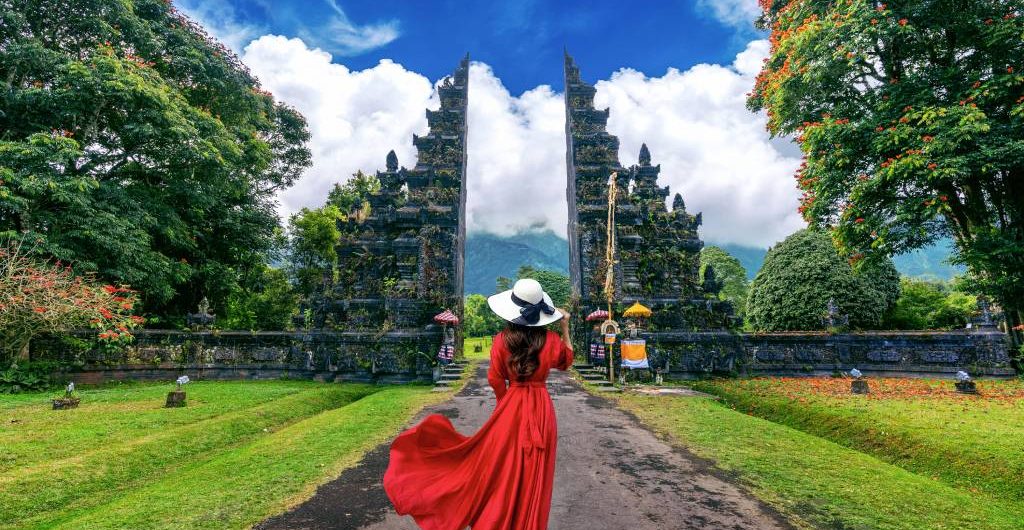
Bali, an Indonesian island paradise, is a jewel in the heart of Southeast Asia. Nestled between Java and Lombok, this island boasts an enchanting blend of natural beauty, rich culture, and a unique way of life. Here, we will embark on a journey to discover the essence of Bali.
Location and Geography
Situated in the Indonesian archipelago, Bali is known for its diverse landscapes. From pristine beaches with golden sands to lush green rice terraces and towering volcanic peaks, Bali’s geography is a feast for the senses.
Historical Background
Bali’s history is marked by a rich tapestry of dynasties, kingdoms, and colonial influences. Its cultural heritage has been shaped by centuries of Hinduism, Buddhism, and more recently, Dutch colonization. This history is evident in the island’s architecture, art, and traditions.
Cultural Significance
Bali’s culture is deeply intertwined with its daily life. The Balinese people are known for their warm hospitality and devotion to their unique brand of Hinduism, which is reflected in elaborate ceremonies, rituals, and vibrant festivals that happen throughout the year.
Natural Beauty of Bali
Beaches
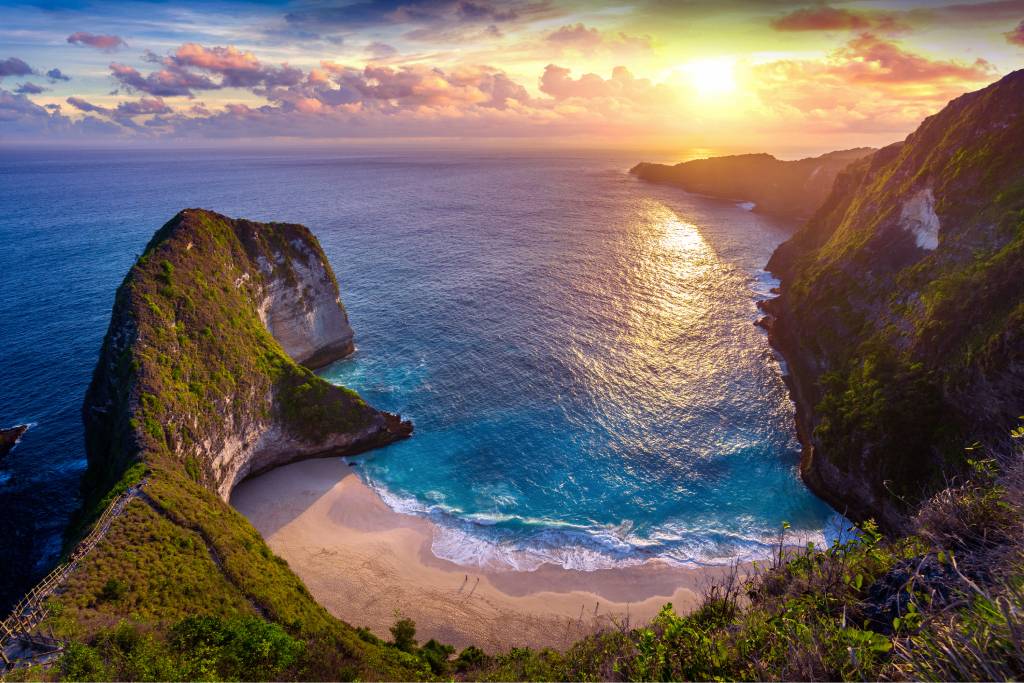
Kuta Beach: Located in the bustling town of Kuta, this beach is famous for its sunsets, surf breaks, and vibrant nightlife.
Seminyak Beach: Just north of Kuta, Seminyak offers a more upscale beach experience with trendy beach clubs and resorts.
Nusa Dua Beach: A haven for luxury travelers, Nusa Dua boasts calm waters and pristine white sands, perfect for relaxation.
Volcanoes
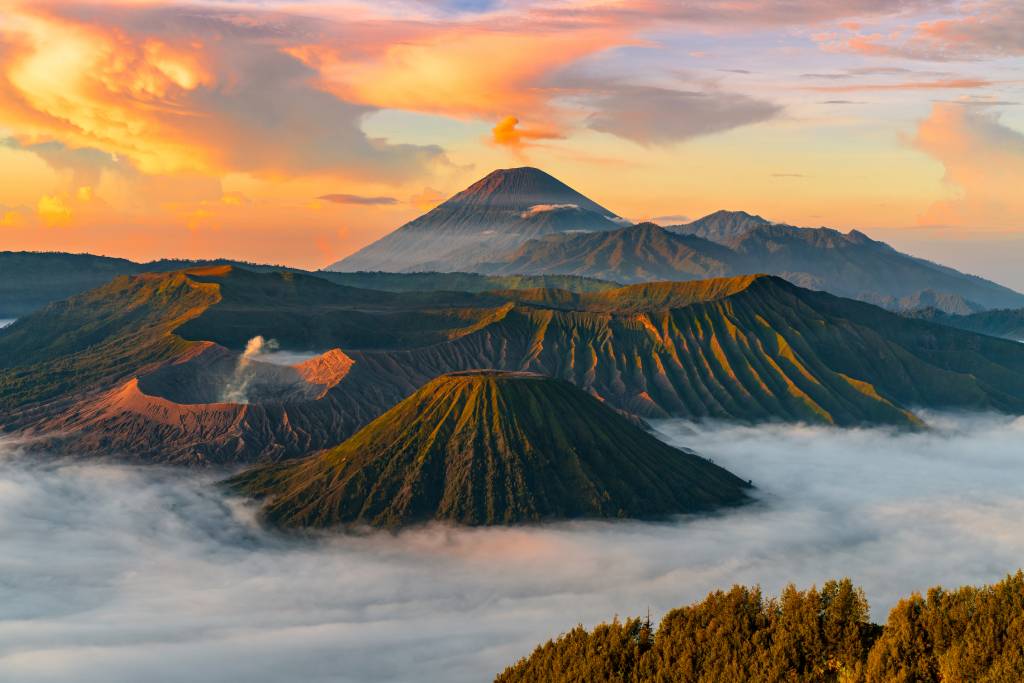
Mount Agung: Bali’s highest peak and an active volcano, Mount Agung offers challenging treks and breathtaking views.
Mount Batur: This volcano is famous for its sunrise treks, where you can witness the first light of day from its summit.
Rice Terraces
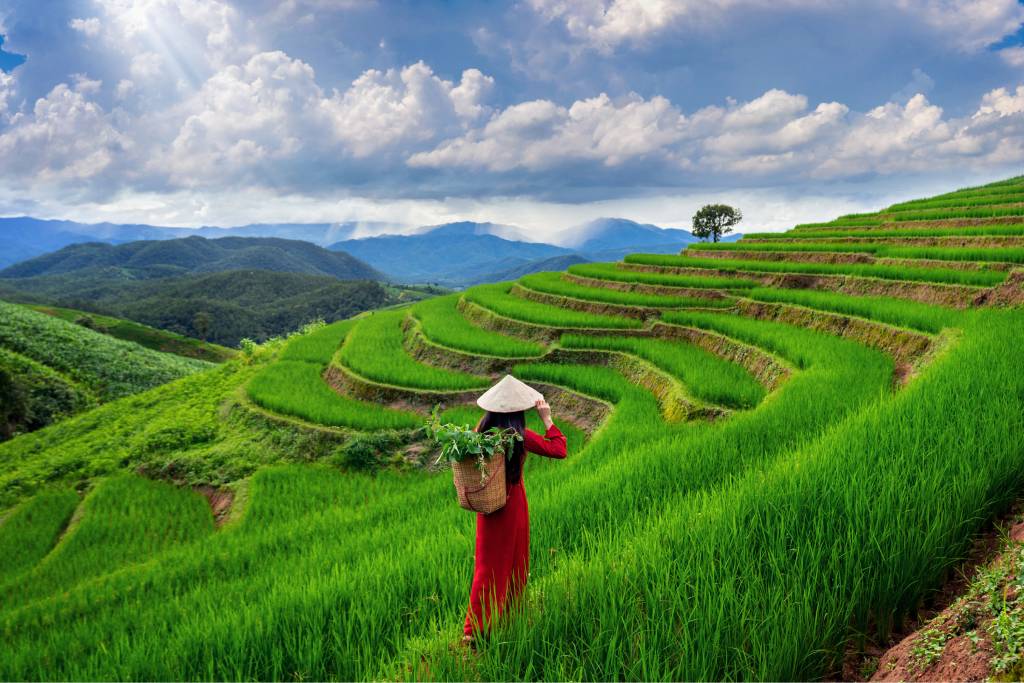
Tegallalang Rice Terraces: Located near Ubud, these terraces showcase the island’s traditional subak irrigation system and offer stunning photo opportunities.
Jatiluwih Rice Terraces: A UNESCO World Heritage site, Jatiluwih’s rice paddies offer a glimpse into Bali’s agricultural heritage amid picturesque landscapes.
Balinese Culture and Traditions
Religion
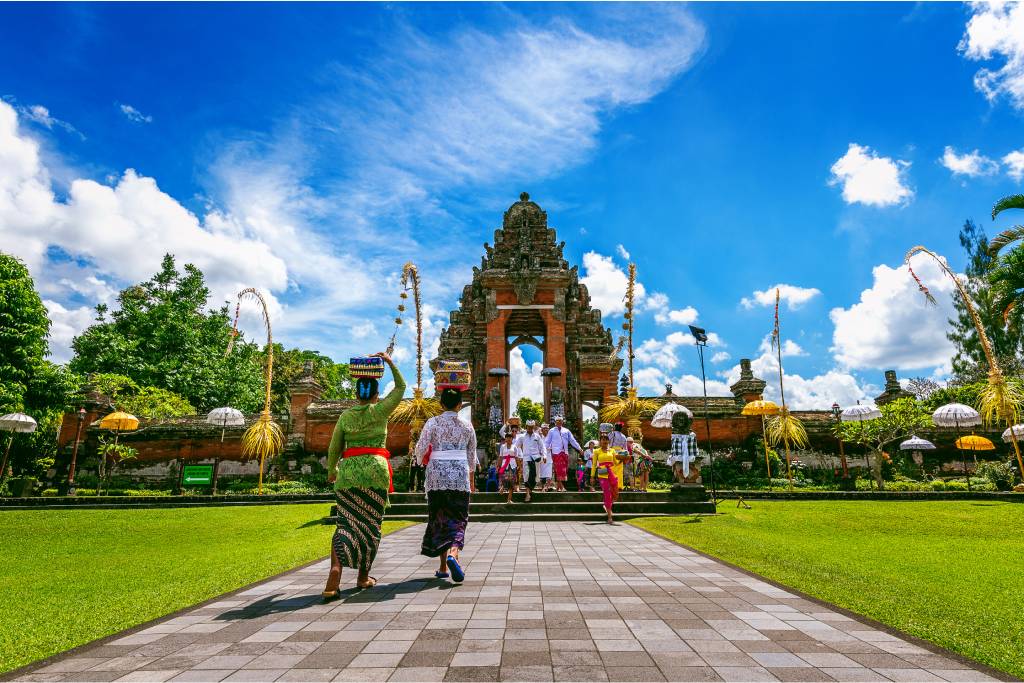
Hinduism in Bali: Bali practices a unique form of Hinduism deeply rooted in local beliefs, with temples and offerings playing a central role in daily life.
Temples and Rituals: The island is dotted with intricate temples like Uluwatu, Tanah Lot, and Besakih, where you can witness traditional ceremonies and performances.
Arts and Crafts
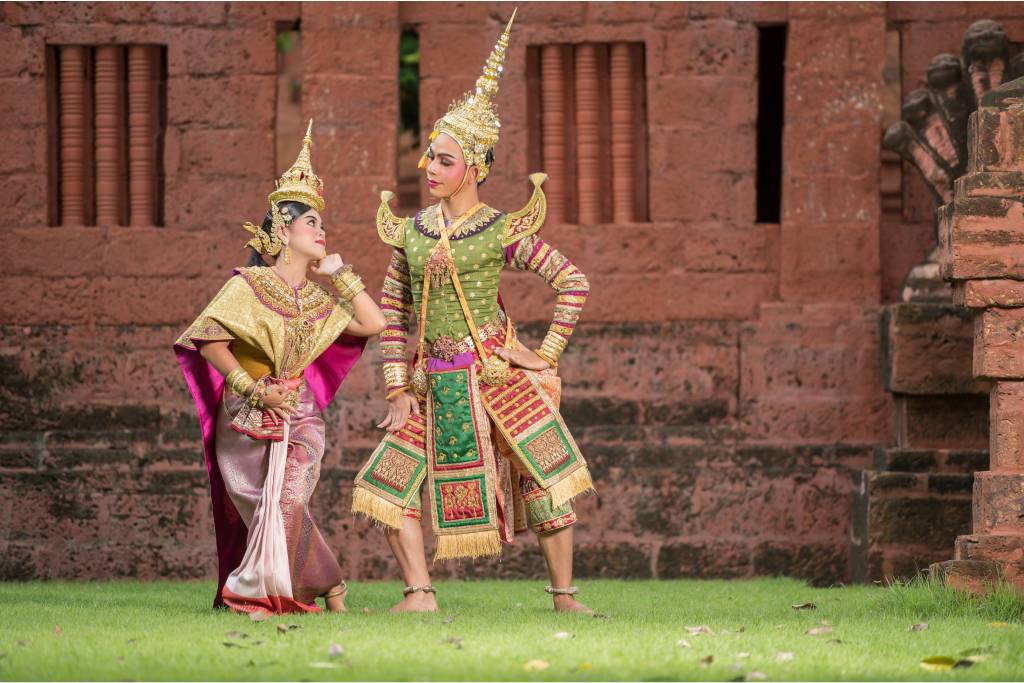
Dance and Music: Bali’s traditional dances like the Barong, Legong, and Kecak are captivating displays of storytelling through movement and music.
Batik and Weaving: Explore the art of batik-making and traditional weaving in local villages.
Festivals
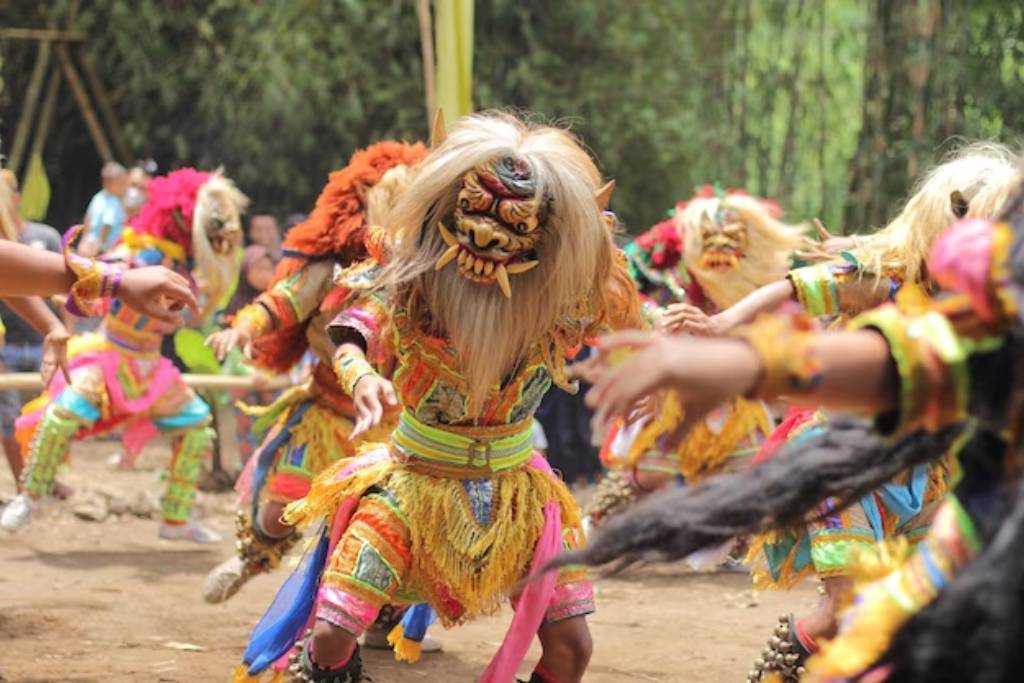
Nyepi (Day of Silence): Experience Bali’s unique New Year celebration, a day of total silence and self-reflection.
Galungan and Kuningan: These festivals celebrate the victory of good over evil and are marked by colorful decorations and offerings.
Cuisine of Bali
Balinese Dishes
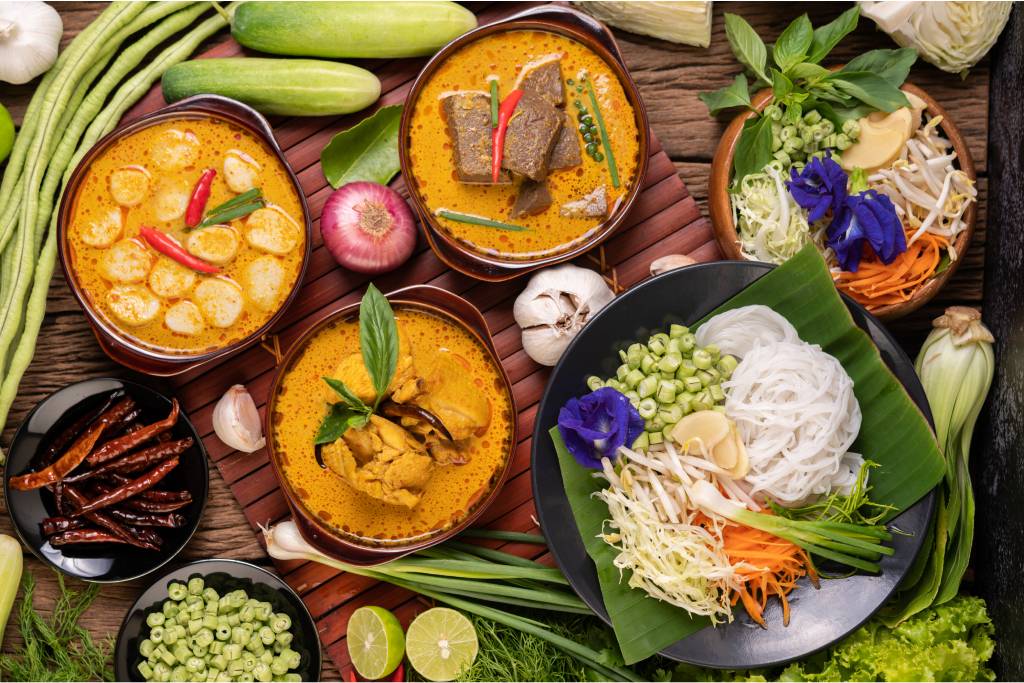
Nasi Goreng: A flavorful fried rice dish often served with satay and prawn crackers.
Mie Goreng: Indonesian-style fried noodles with a variety of toppings.
Satay: Skewered and grilled meats served with a delicious peanut sauce.
Exotic Fruits
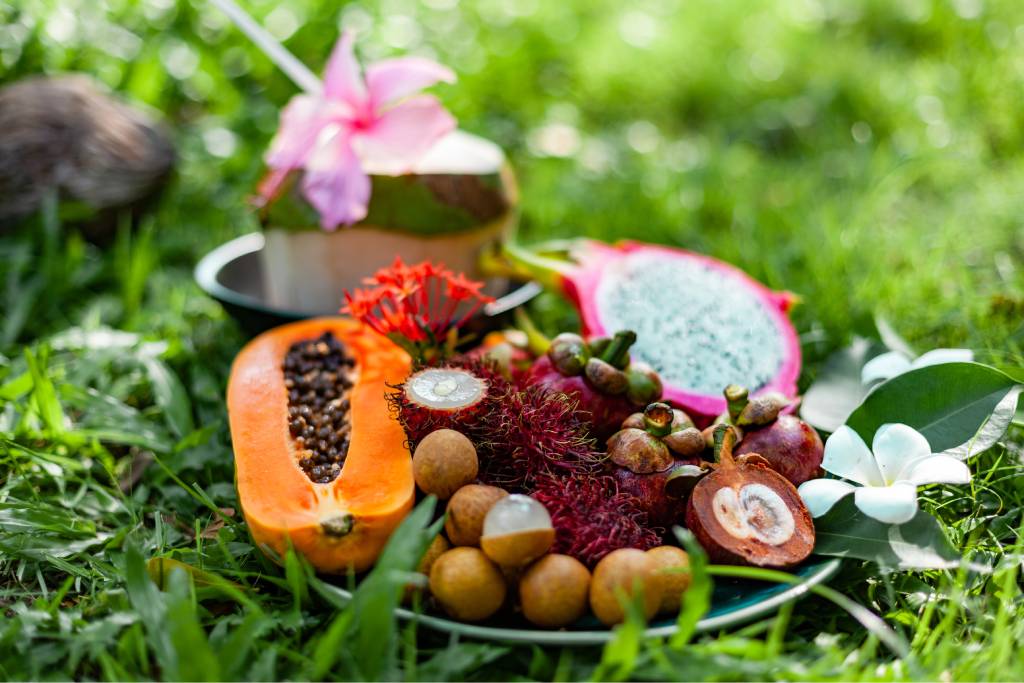
Rambutan: A hairy, sweet fruit that’s a delightful tropical treat.
Dragon Fruit: Known for its vibrant pink skin and white flesh, dragon fruit is as visually appealing as it is tasty.
Salak: Also known as snake fruit, it has a sweet and tangy flavor.